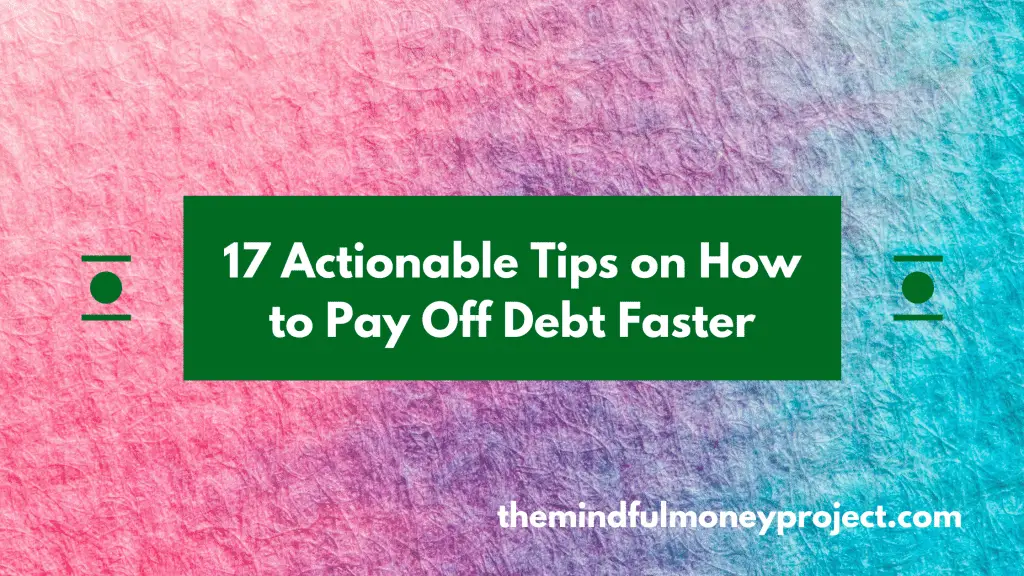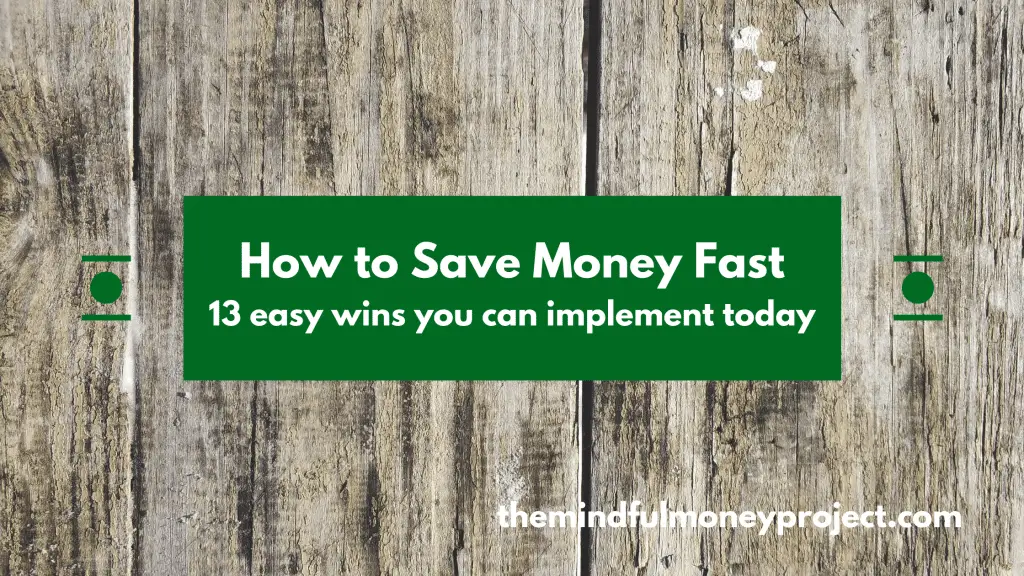A profit and loss statement is how a company keeps track of all of its income and all of its expenses. It allows the management and owners to understand whether it is making money, a profit, or whether it is losing money, a loss.
A personal profit is the same concept, applied to a person’s financial situation (rather than that of a company).
It is quite easily described as all of your income less all of your expenses in a certain time period to arrive at your profit figure. In personal finance terms, people normally refer to this as your savings rate.
So if you receive £2,000 per month after-tax, and you spend £1,500 per month, your personal profit is £500 per month. This is a savings rate of 25%. In the business world, this would be your profit margin.
Personal profit can be expressed formulaically as;
Personal Profit = Income – Expenses
Why is it important?
You may be a devout follower of the ostrich school of personal finance, where students are encouraged to firmly place their head deep within the sand.
However, this can be dangerous if you find yourself in a situation of worsening finances. If you can name any of the below symptoms, then you need to start looking at your finances in more detail to understand what is going wrong, and finding the areas to fix it:
- Are you itching for next payday because you always seem to run out of money before the month is up?
- Are your credit card balances increasing each year?
- You put money away in a savings account but always have to draw back on it before each month finishes?
The cause is likely the same; your expenses are higher than your income on average and you are therefore making a personal loss. If you were a business, you’ll run out of money at some point and go out of business.
For a personal finance situation, you want to avoid being in a loss for too long. Doing so means at best your savings are eroded and at its worst it could send you into a debt spiral. A debit spiral is when you need to take on consumer debt to pay for your lifestyle, which grows larger when you add in the additional interest costs of the debt, which then requires you to take out more consumer debt to service the initial debt, which then adds on even more interest costs etc etc.
What side should I focus on first – expenses or income?
Most personal finance blogs only focus on one side of the equation; expenses. They focus on the best methods for saving and budgeting, but they ignore the income side altogether.
You should definitely first start with putting in place a budget. This will help you understand your current spending level and compares that with your income to arrive at your current personal profit statement.
It gets a hard-rap, but your budget will be the most important tool in bringing your expenses down to a more reasonable limit in line with your income, by identifying areas for saving.
Making savings, especially pain-free ones, tend to be the quickest way to give your personal finances a shot in the arm. Most of the time they are directly under your control, and can be implemented really quickly.
Making sure you eliminate any wasteful spending should be a priority even when you’re in a good financial position.
However, past a certain point making savings will become harder and harder as they will require more and more painful savings that need underlying lifestyle changes. Some of the time this will be beneficial, but there is always a floor to the savings you can make as you still need some to live.
Whereas the income side of the equation has limitless upside. In theory, you could earn billions.
If we keep the same example that I used earlier in the article, where you receive £2,000 per month after tax from your job, and your expenses are £1,500 per month, your current personal profit is £500 per month. However, if you increased your income by a further £500 per month, your personal profit has increased by 100% to £1,000 per month! That now means that you have a savings rate of 50% (up from 25%)!
Of course, having the intention to boost your income and actually succeeding in boosting your income are two different things.
I will go through many of the routes open to you as well as the ones I have had success with in a future article, but for now I encourage you to check out this wonderfully detailed article on matched betting for UK readers – a really powerful way to boost your income.
For the eagle eyed accountants out there, this view of personal profit for a persons finances is actually more like a cash flow statement, or a cash-based P&L. Unless you have more complex finances, it is unlikely investing the time into driving and maintaining an accruals-based P&L will be worth it in terms of the insight it provides.
17 Actionable Tips on How to Pay Off Debt Faster
You’re not alone. Living with debt has become a common issue for people in the…
How to deal with a financial emergency step by step: dealing with income loss
Life is predictably unpredictable. When a financial emergency strikes it might seem like the world…
Easy and painless ways to save money every month
Maybe you’re preparing for a particularly financially tight month. Or you’re looking for ways to…
How To Cancel Gousto Subscription UK
Bored of the recipes or wanting to try a different provider and looking for instructions…
Yolt vs Money Dashboard vs Emma – The Comparison!
Don’t want to dust off a spreadsheet? A budgeting app can do most of the…
What is the Average Weekly Food Shop For 2 Adults UK?
With the current cost of living crisis in the United Kingdom, it makes sense to…
How to cancel The Economist subscription and stop it from auto-renewing
I always harp on about giving your finances a shot in the arm by cutting…
Best Investment Apps for Beginners UK: Get Savvy And Build Wealth With These
In our list below, you’ll find the best investment apps for beginners UK. They cover…
How to Save Money Fast in the UK – 13 Easy Wins You Can Implement TODAY
Found yourself in a squeeze and looking to shoot rocket fuel into your personal finances?…
How Much Should You Invest As A Beginner?
Investing is the more glamorous side of personal finance. But it can seem like an…













Pingback: Uh Oh, What Even Is A Budget? - Personal Profit Builders
Pingback: How The Timeframe of Your Personal Finance Goal Makes A Big Difference - Personal Profit
Pingback: The Big Bad Budget - Top 5 Reasons Why You Need A Budget - Personal Profit
Pingback: How To Stick To Your Budget When Nothing Works - Personal Profit
Pingback: How I Paid Off £2,000 Debt and Saved £9,000 In Less Than One Year - Personal Profit
Pingback: How To Calculate Your Savings Rate - Savings Rate 101
Pingback: Average Food Budget in the UK - How Do You Compare? - Personal Profit
Pingback: How Big Should My Emergency Fund Be? - Personal Profit
Pingback: 7 tips in how to stop living paycheck to paycheck - Personal Profit
Pingback: How to create a budget in excel that'll even impress your accountant!
Pingback: Can saving money make you rich? - Personal Profit
Pingback: Why starting to save when you're young is so important
Pingback: How to deal with a financial emergency step by step: dealing with income loss - Personal Profit
Pingback: How to deal with an unexpected expense - Personal Profit
Pingback: Average net worth in the UK - how do you compare? - Personal Profit
Pingback: What is the difference between income and wealth?
Pingback: What are the benefits of budgeting? - Personal Profit
Pingback: What should I do with spare cash? - Personal Profit
Pingback: How to budget when you get paid weekly
Pingback: The 7 biggest finance mistakes young professionals make in their 20s
Pingback: Pain-free vs Painful Savings | The Mindful Money Project